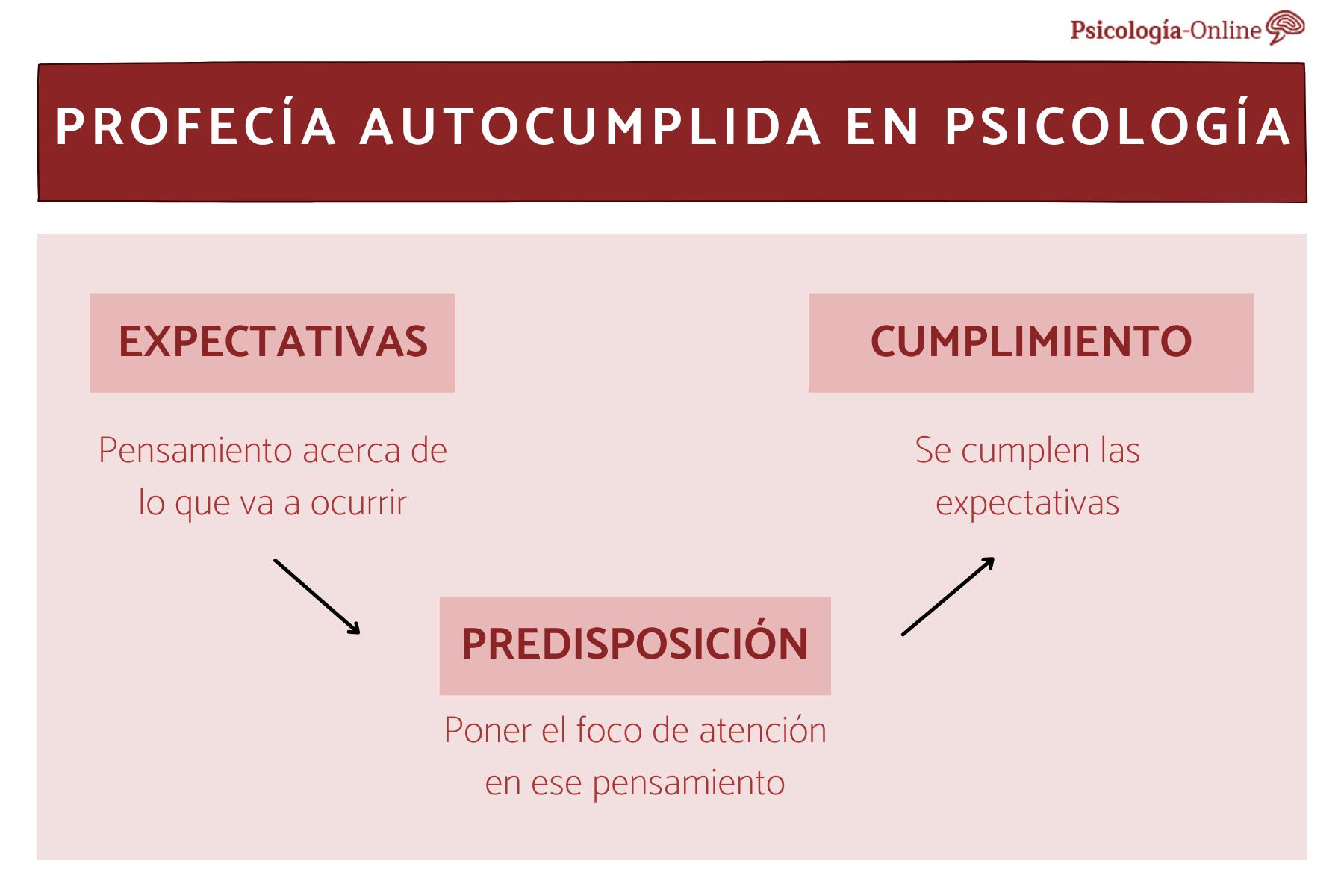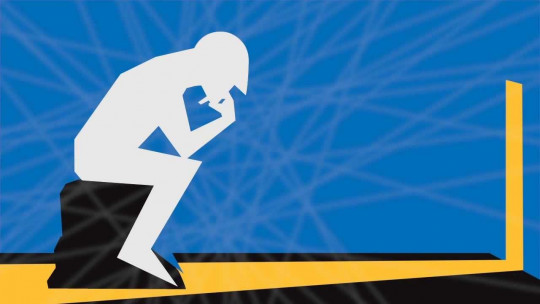
Throughout our lives we generate positive or negative expectations about everything we do on a daily basis; This ability to establish hypotheses about what will happen in the future allows us to develop projects with medium and long-term goals. However, the key is not to err on the side of excessive pessimism or optimism, since expectations that do not match reality can harm us in various ways.
If you are interested learn to have more realistic expectations keep reading, since here we will review several tips so that your goals and your predictions about what will happen do not lead you to anxiety problems or the frustration of seeing that the good things you expected do not come true.
Tips to learn to have expectations that are more adjusted to reality
Surely in many work or personal situations in your life you have expected things to be better than they really were, and that has generated internal discomfort, frustration or pain.
Expectations are precisely that, ideas or personal beliefs about what we think will happen in the future as a consequence of our action.
These types of projections and speculations about the future have a direct impact on our mental health since the more adjusted our predictions are to the reality that we have to live later, the more satisfied we will be with what happens to us.
Likewise, when expectations are much higher than the result we obtain, we can end up feeling very bad about ourselves or even angry with ourselves or with any of the variables we blame for our failure.
These are some of the guidelines and recommendations that you can apply to your life to be more realistic when having expectations about the future and about your personal or professional projects.
1. Learn to do SWOT analysis
SWOT analysis is one of the most used strategic analysis tools by the most important companies and organizations in the world, as well as by professionals and freelancers of all kinds.
Putting this strategy into practice will help us make important decisions with greater knowledge, having all the essential data to take that important step for our future or to choose the best option among a variety of them.
The SWOT analysis serves professionals as a strategic plan that can be used in any area of daily life and that provides essential information when making a decision regarding: the weaknesses of the decision or change, threats, opportunities. that it offers and the strengths it entails compared to another path.
2. Take notes of everything relevant we do
Taking notes in a personal journal that we reread every week to learn from our mistakes will also help us be aware of our daily progress, as well as analyze in depth what things we have done wrong and why
These notes must be taken methodically and describe in detail each and every one of the obstacles we encounter during our professional or personal life.
In addition to that, they can also include our daily time management strategies, noting the time at which we start and finish each block of activities for about 3 or 4 days, so as not to overestimate our production capacity.
3. Analyze possible scenarios of success and failure
Another exercise that we can practice daily to learn to have more realistic expectations and ensure that these do not negatively affect our mental health is to analyze possible scenarios of success and failure based on predictions, expectations or decisions that pressure us at the moment. present.
Find a pessimistic, optimistic and reasonable version for each prediction of what is going to happen to us to compare them, it will help us understand that the world does not end by failing once, and we will also understand that some frustrations are better to relativize so that they do not govern our feelings.
4. Seek support from other people
Talking to the people around us about our expectations and being interested in their opinion will help us have a more objective view of ourselves and recognize from the outside negative dynamics that we may have that cost us our mental health.
Both friends and family will always want the best for us and their opinion. They can help us relativize the errors and to learn that in life not everything is success, but that failure also teaches us a lot.
5. Avoid systematically comparing ourselves with others
People who have a tendency to compare themselves with others are usually the ones who suffer the most in their daily lives and those who have the greatest tendency to become overwhelmed or stressed due to the unrealistic expectations they set for themselves.
Wanting to reach the level they are at and constantly being aware of what other people are doing is not a healthy way of living and in the long run it can cause serious damage to our mental health.
Instead, we must focus on ourselves and compare ourselves only with our own performance to become better every day.
6. Value your own effort
Likewise, it is also important value the good we have achieved in life and take into account the effort we are dedicating to achieve each of the milestones in our personal or professional life.
Valuing our own efforts will help us to have greater self-esteem, so we will achieve expectations that are more adjusted to our possibilities and we will stop being overwhelmed and suffering for wanting to be better.
7. Do not blindly obey the expectations that others place on us
In addition to avoiding comparisons with others, it is also essential to forget everything that others may think about our performance and all those expectations that others may have from the outside.
This will help us, again, to focus on ourselves and improve what we must improve to be better.
8. Focus on the present
Some people become frustrated or stressed by being too focused on the future or the past
By focusing on the present and the work that we must carry out currently or in the short term, we will be able to have more realistic expectations that are adjusted to our moment and capabilities.
9. Go to therapy if nothing works
If none of the above works or we continue to have problems with expectations that are too high, we can also go to a psychology professional.
Are you looking for professional psychological assistance?
If you are interested in having psychotherapy or psychological counseling services for families, contact us.
In PSiCOBAi We can help you online or in person.








